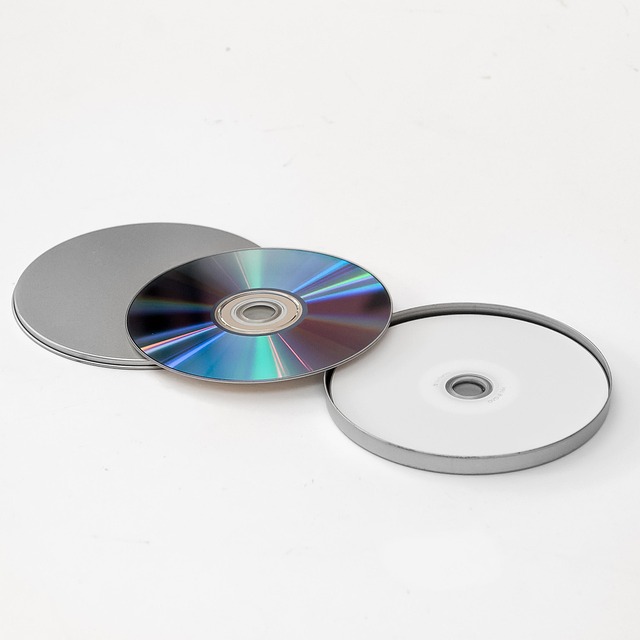Top Disruptive Technology Examples Transforming the Future
Disruptive Technology Examples: How They’re Changing the Future
Technology evolves at lightning speed, and some innovations don’t just improve existing systems—they completely change the way industries work. These are called disruptive technologies. From artificial intelligence to blockchain, they challenge traditional business models, create new opportunities, and shape the future of work and life.
Below, we’ll explore the top disruptive technology examples in 2025 and how they are revolutionizing different sectors.
1. Artificial Intelligence (AI) and Machine Learning
AI has moved beyond buzzword status to become one of the most disruptive technologies globally.
Impact: Automates tasks, enhances decision-making, and powers smart assistants like ChatGPT, Siri, and Alexa.
Industries Affected: Healthcare (AI diagnosis), Finance (fraud detection), Marketing (predictive analytics).
Why It’s Disruptive: It reduces costs, improves accuracy, and enables businesses to scale faster.
2. Blockchain Technology
Blockchain is not just about cryptocurrency anymore—it’s transforming industries with transparency and security.
Impact: Enables decentralized finance (DeFi), supply chain transparency, and digital identity verification.
Industries Affected: Banking, Logistics, Real Estate.
Why It’s Disruptive: It removes the need for intermediaries, making processes faster and more trustworthy.
3. Internet of Things (IoT)
IoT connects devices and shares data seamlessly, creating smarter homes, cities, and industries.
Impact: Smart homes, wearable health devices, industrial automation.
Industries Affected: Manufacturing, Healthcare, Urban Planning.
Why It’s Disruptive: Reduces inefficiency, improves safety, and enhances user experiences.
4. 5G Connectivity
The rollout of 5G is reshaping communication and internet usage with lightning-fast speeds.
Impact: Boosts AR/VR experiences, remote work efficiency, and IoT device connectivity.
Industries Affected: Telecom, Entertainment, Automotive.
Why It’s Disruptive: Opens doors for innovations like driverless cars and immersive metaverse experiences.
5. Augmented Reality (AR) & Virtual Reality (VR)
AR and VR are no longer limited to gaming; they are becoming essential in training, shopping, and healthcare.
Impact: Virtual classrooms, immersive shopping experiences, surgical simulations.
Industries Affected: Education, Retail, Healthcare.
Why It’s Disruptive: They bridge the gap between digital and physical worlds, enhancing customer engagement.
6. Renewable Energy Technologies
Green technologies are disrupting fossil fuel dependency and reshaping global energy markets.
Impact: Solar panels, wind farms, electric vehicles.
Industries Affected: Energy, Transportation.
Why It’s Disruptive: They reduce carbon emissions, lower costs, and drive sustainability goals.
7. Biotechnology & Gene Editing (CRISPR)
Biotech advancements are transforming healthcare and agriculture.
Impact: Personalized medicine, disease prevention, genetically modified crops.
Industries Affected: Healthcare, Agriculture.
Why It’s Disruptive: They push the boundaries of life sciences and improve global health.
Why Businesses Must Pay Attention
Disruptive technologies don’t wait. Companies that adopt them early gain a competitive edge, while those that ignore them risk becoming obsolete. By integrating AI, blockchain, or IoT into their strategies, businesses can unlock new revenue streams and future-proof their operations.
Conclusion
Disruptive technology examples like AI, blockchain, IoT, and biotechnology are not just trends—they’re shaping the future of industries. Understanding and adopting them today can help businesses and individuals thrive in tomorrow’s world.














Post Comment